Evading the impregnated market when "the month comes", what tricks does the concubine use?
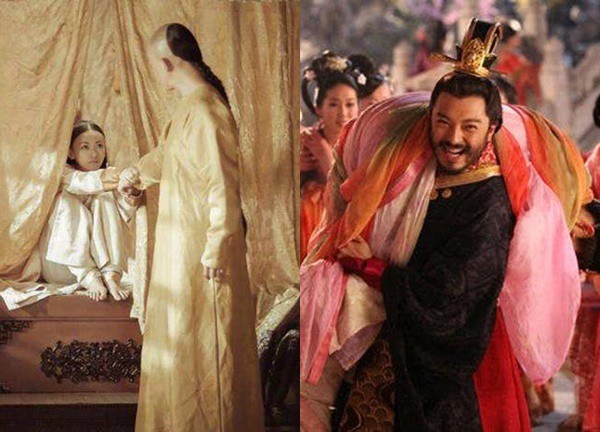
3 | 1 Discuss | Share
Duong Quy Phi died in pain, because of the soldiers' pressure, forcing Duong Minh Hoang to take action against Duong Quy Phi. She was quickly buried on the side of the road when she was only 38 years old.
Since Duong Minh Hoang had Duong Quy Phi by his side, he neglected the government, leaving all big and small matters to Duong Quy Phi's cousin, Prime Minister Duong Quoc Trung, to take care of, causing abuse of power. Furthermore, Also because he wanted to take the beauty into his own hands, An Loc Son raised an army and rebelled in 755 to usurp the throne and steal the beauty.
Duong Huyen Tong and Duong Quy Phi fled to Sichuan to take refuge. On the way, the soldiers blamed all the blame on Duong Quy Phi's head, claiming that it was the beauty who used her beauty to seduce the king, causing him to neglect the court, and that it was because of her beauty that An Loc Son had to rise up. soldiers create rebellion.
Under pressure from the soldiers, forcing Duong Minh Hoang to kill Duong Quy Phi, she was strangled. Duong Quy Phi was 38 years old when she left. After her death, the noble concubine's body was simply buried on the side of the road, and then the soldiers marched on.
There are two main lines of opinion surrounding the issue of "guilty" Duong Quy Phi for the events of the Tang Dynasty.
The first view is that "red beauty" is a great disaster. Those who follow this opinion also insist that Concubine Duong Quy seduced the Emperor, harming the country and the people, even if they close their eyes, they will not fully atone for their sins. The opposing point of view points out: "red beauty" is innocent, because she herself is also a victim of the times. These people defended Ngoc Hoan, asserting that the Concubine was a weak girl and that her fate was just a sacrificial pawn on the political chessboard. Thus, it can be clearly seen: the first point of view, on the one hand, condemns Duong Quy Phi, and on the other hand, implicitly promotes the ability of the "beautiful woman".
There has always been a saying: Men conquer the world to conquer beauty, and beauty conquers men to conquer the world. Duong Huyen Tong lived a heroic life, but in the end he still had to submit to the hem of a beautiful woman's dress because of that.
Thanks to the favored noble concubine Duong, Duong Quoc Trung, Vi Kien To, and Wei Phuong, they relied on her to gain power in the court.
Also according to the above theory, Duong Quy Phi is an indirect figure with political influence. She advised Huyen Tong to go to war and enter Shu. These two actions of the king were enough to prove the influence of Ngoc Hoan.
While the intelligent and scheming ministers could not convince the Emperor, a few words from a beauty could quickly become a decision. So it can be seen that, although she stood outside politics, Concubine Duong Quy had the ability to influence the Tang dynasty's political affairs at that time.
That is what is called "beautiful beauty", the "capacity of a beautiful woman" that the first point of view represents.
On the contrary, the second point of view, although defending Duong Quy Phi, also means underestimating the beauty's abilities.
Marxism-Leninism once asserted: Internal causes always determine the formation, existence and development of material structures. External causes can only be effective through internal causes. Applying the above theory to Duong Huyen Tong and Duong Quy Phi, we can easily see that Huyen Tong is classified as the "internal cause", while Quy Phi is the "external cause". Therefore, even if she had the ability to influence the court, Concubine Duong Quy's opinions still had to be approved by the Emperor to become a reality. Furthermore, Huyen Tong is the Son of Heaven, the Emperor, and the king of a country. Even if Duong Quy Phi has a beautiful appearance or a beautiful personality, influencing the decisions of the king and the entire dynasty is not easy.
For the "An Su chaos", Duong Ngoc Hoan also bears part of the responsibility. However, it should be emphasized that this is not the most important responsibility. The second point of view defends Duong Quy Phi and underestimates the beauty's abilities precisely because of these reasons.
The official views on Duong Quy Phi's fate mainly come from "Old Tang Book", "New Tang Book" and "Tu Tri Thong Giam". Accordingly, history books and many literary works still affirm that Duong Quy Phi died due to wandering thoughts.
The old version of the "Book of Tang" compiled by Liu Xu, the "New Book of Tang" edited by Ouyang Zi, and the "Zhizhi Tongjian" compiled by Sima Guang are all three prestigious books in Chinese history. . Although there are some differences in the description, these three historical sources all record that Duong Ngoc Hoan ended his life on the slopes of Ma Ngan mountain. Besides, most of the literary works written about the Tang dynasty such as "Long Hating Song" (Bach Cu Di), "Extra Story of Cao Ly Si" (Guo Thuc), "The Legend of An Lushan" (Yiao Nhu Nang )...all share this opinion.
However, "unorthodox" lines of opinion put forth many theories that resonate and attract more public attention. These views are mainly divided into two major hypotheses:
The first opinion is that Concubine Duong Quy did not die because of her thoughts but could not survive in the hands of the rebels. This hypothesis was proposed as early as the Tang Dynasty, by a number of writers and poets living at the same time as Concubine Duong Quy. The greatest representative of this hypothesis must be "Holy Poet" Du Phu. In the poem "Who hangs his head", he once wrote: "Where are your pearly eyes and eyebrows? The blood stains can't bring your soul back." It can be seen in his verse that the word "blood" appears. Some poems by Ly Ich, Do Muc, Truong Huu... written about the death of the Noble Concubine also contain scenes of bloodshed. If there was blood, it certainly wasn't due to strangulation and he couldn't survive. Duong Huyen Tong himself was not cruel enough to kill his beloved concubine. Thus, the most reasonable explanation is that Ngoc Hoan was killed by rebel troops.
The second theory is that: Concubine Duong Quy did not die but went to Japan to live for the rest of her life. Leading this viewpoint are the Japanese. Accordingly, Tran Huyen Le in the past, because he felt sorry for the beautiful noble concubine, could not bear to kill her. He discussed with Cao Luc Si, arranged a plan to "change plums for peaches", and find a palace maid with an appearance similar to the Noble Concubine to replace her life. After this exchange plan was successful, Tran Huyen Le sent his confidant to escort the Concubine to Nam Trieu (near present-day Shanghai) and then sailed out to sea, finally landing in Yuya town (Otsu district - Otsu province). Yamaguchi). Thus, the starting point and destination of Duong Quy Phi's "abroad" journey are very clear, making it difficult for many people not to believe.
Up to now, in this locality there still exists a stupa that is confirmed to be Duong Quy Phi's tomb. In the courtyard of this pagoda, there are two stupa statues of Shakyamuni Buddha and Amitabha Buddha.
An Dehai: The handsome, favored eunuch who had his own child with Empress Dowager Cixi? 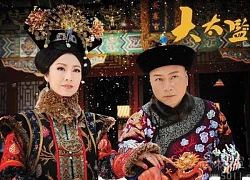 Keng15:53:15 05/03/2024Among the subordinates beside Xu Xi, besides Li Lianying, An Dehai was the one who was most popular and close to this empress dowager. It is said that An Duc Hai was a eunuch who entered the palace to serve the Empress Dowager.
Keng15:53:15 05/03/2024Among the subordinates beside Xu Xi, besides Li Lianying, An Dehai was the one who was most popular and close to this empress dowager. It is said that An Duc Hai was a eunuch who entered the palace to serve the Empress Dowager.

3 | 1 Discuss | Share
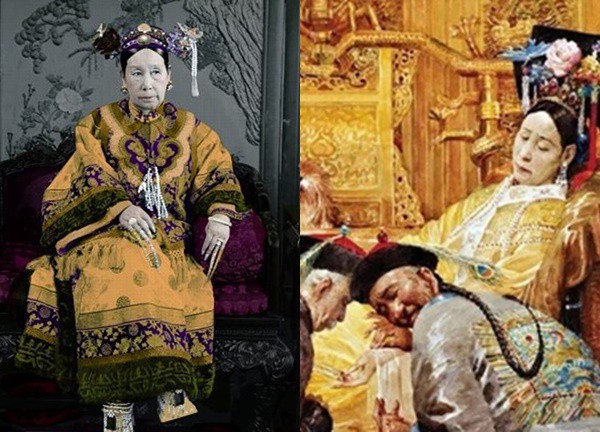
2 | 1 Discuss | Share
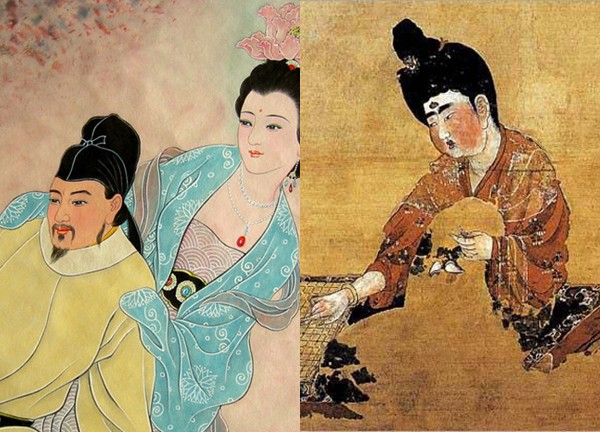
2 | 1 Discuss | Share
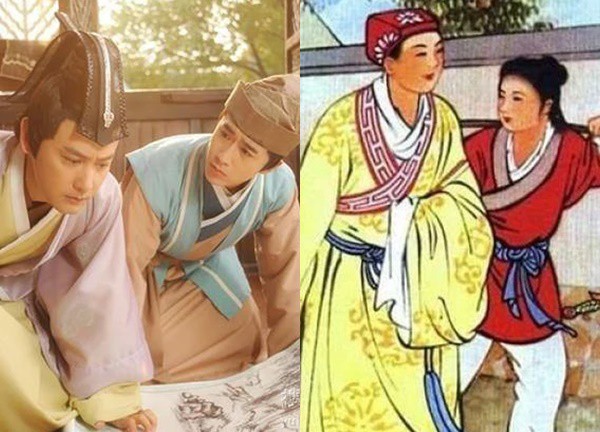
4 | 1 Discuss | Share
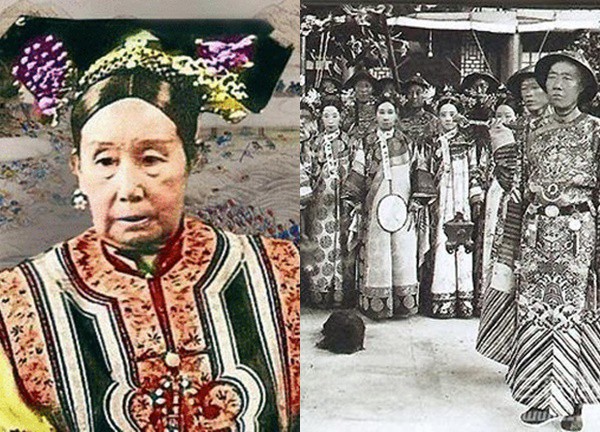
7 | 1 Discuss | Share
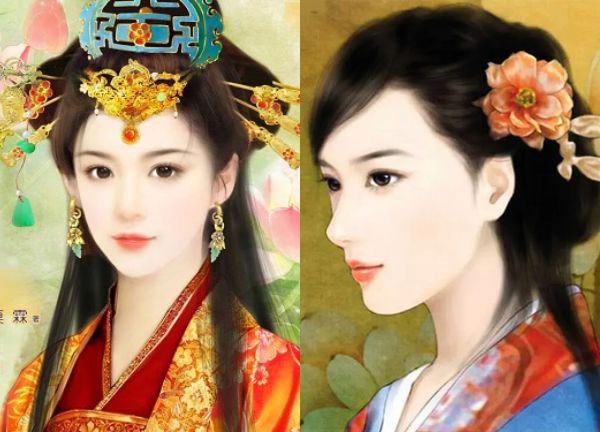
3 | 1 Discuss | Share
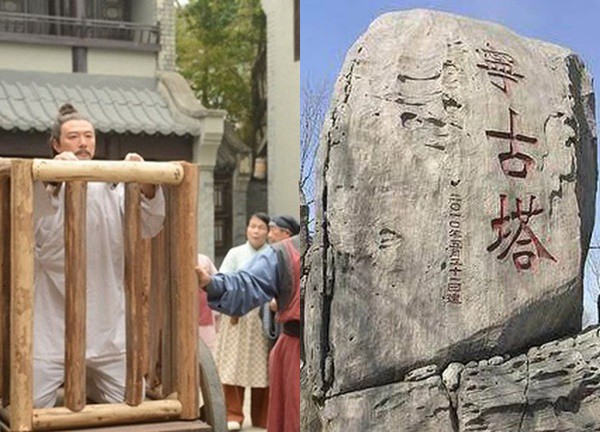
2 | 1 Discuss | Share
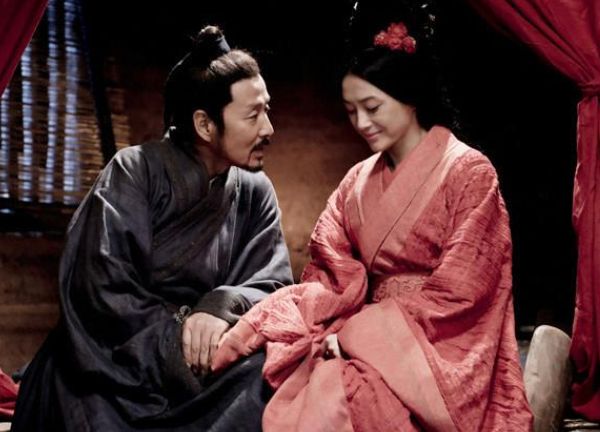
3 | 1 Discuss | Share
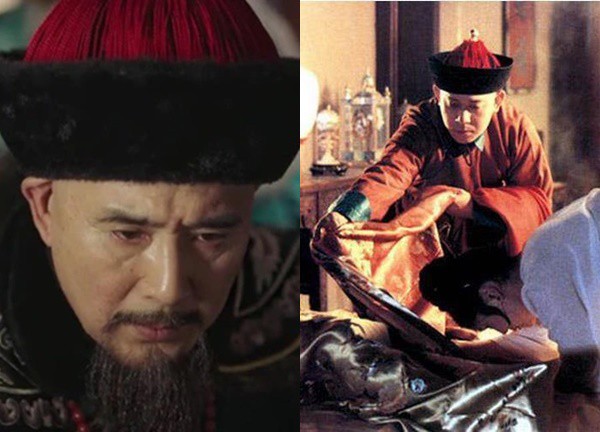
1 | 1 Discuss | Share
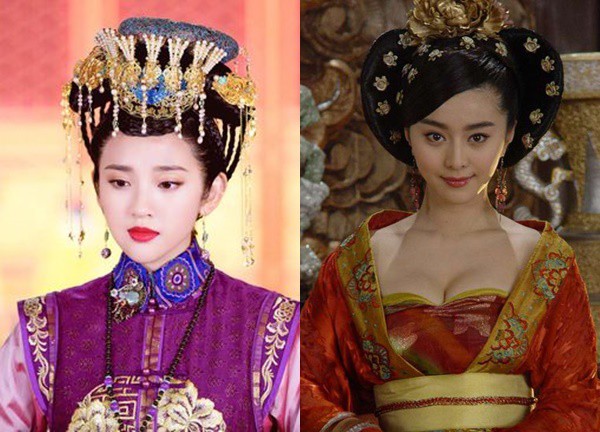
4 | 1 Discuss | Share
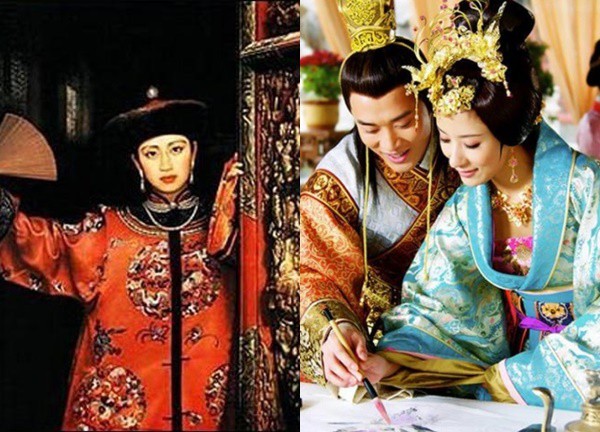
2 | 1 Discuss | Share
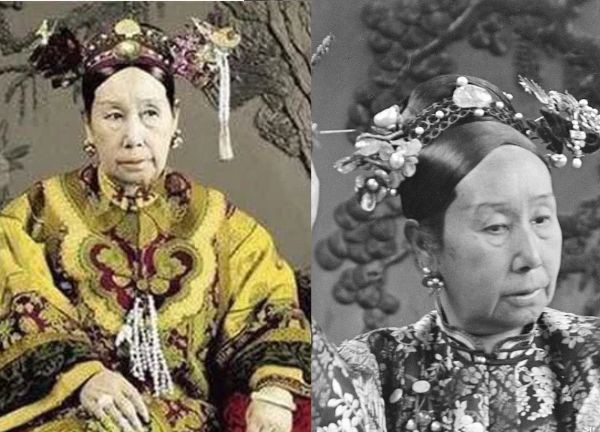
3 | 1 Discuss | Share






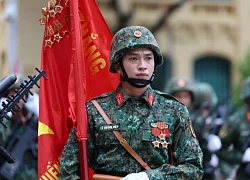



3 | 1 Discuss | Report